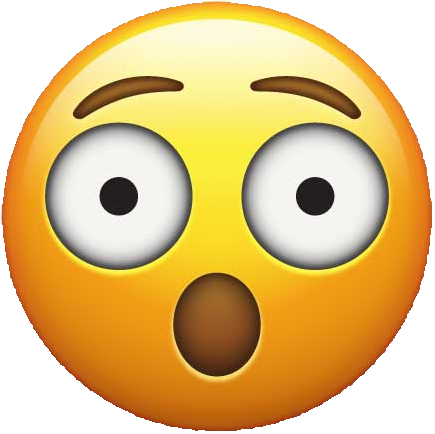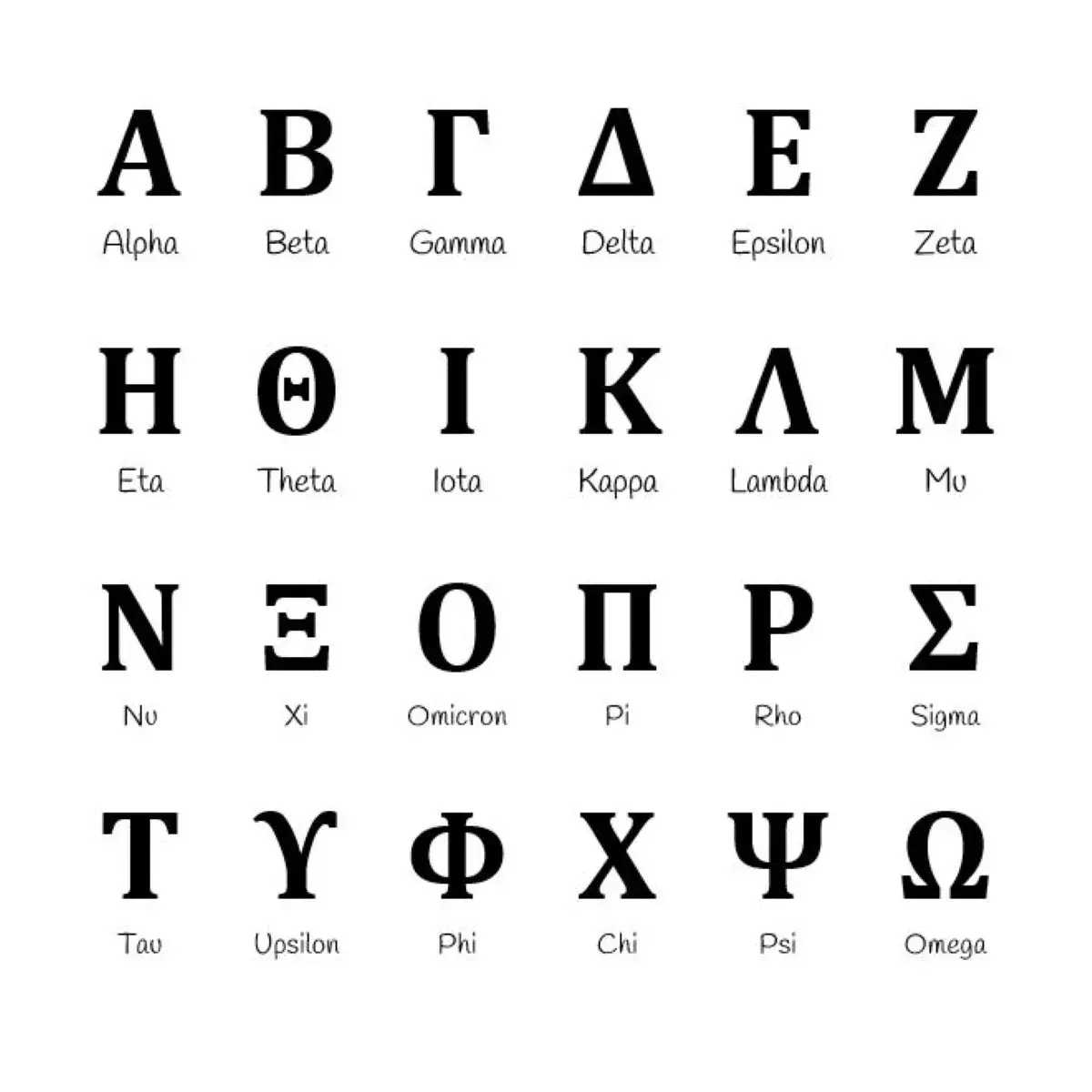

Insulted? Vines videos were mostly portrait. 2013-2014 were most-likely its hay day. Vines is dead now, but cell phone videos in portrait were posted to Vines a lot.
Now if you mean music videos or cinema, yeah, portrait would be odd.
ĝis la revido kaj dankon pro ĉiuj fiŝoj!


Insulted? Vines videos were mostly portrait. 2013-2014 were most-likely its hay day. Vines is dead now, but cell phone videos in portrait were posted to Vines a lot.
Now if you mean music videos or cinema, yeah, portrait would be odd.


Since they are treating them as others (foreigners/strangers), Israel is messing up, even from a religious view:
Leviticus 19 (KJV) 33 And if a stranger sojourn with thee in your land, ye shall not vex him. 34 But the stranger that dwelleth with you shall be unto you as one born among you, and thou shalt love him as thyself; for ye were strangers in the land of Egypt: I am the LORD your God.
Or if you prefer NIV 33 "'When a foreigner resides among you in your land, do not mistreat them. 34 The foreigner residing among you must be treated as your native-born. Love them as yourself, for you were foreigners in Egypt. I am the LORD your God.


He’ll give back Maine and Colorado (the two states that want him off the ballot). Two for one! I’m sure that Russian Donnie can work the art of that deal.





If the autogenerated art becomes too close to copyrighted art, then you’ll have humans suing AI generators.
George Harrison’s My Sweet Lord is very similar to He’s So Fine by the Chiffons. And that was an easy case. But some cases in requires deeper analysis, such as Lana Del Ray’s Get Free.
In January 2018, singer Lana Del Rey claimed that Radiohead were suing her because of alleged similarities between their 1992 debut single Creep, and her song Get Free, from her 2017 album Lust for Life. The band’s publishers Warner/Chappell subsequently denied taking legal action, but did confirm requesting credit for “all writers” of Creep.
The Guardian spoke to a professional composer to analyse the songs, who noted that the chords used are rare in pop music, and the melodies bear an uncanny resemblance, although in conclusion “imagined the similarities are unintentional”.
https://www.bbc.com/culture/article/20190605-nine-most-notorious-copyright-cases-in-music-history
If AI is sampling, then how do you defend it being unintentional? While all Radiohead sought was credit on the writing (in this case), would humans (whose livelihood is being threatened) be so generous with an AI composition? And if the music industry is threatened by AI, they will lawyer up.


Fair enough,


The authors may be dead, but they did exist. The work had an author.
https://en.wikipedia.org/wiki/Copyright_Term_Extension_Act
If you’re going to use a character some human ever created, hire a lawyer. The House of Mouse has their own lawyers.


The fact that AI can produce this is impressive as to where we have come with AI. But can this actually threaten human artists?
In the United States, a federal judge ruled in 2023 that AI artwork cannot meet federal copyright standards because “Copyright law is ‘limited to the original intellectual conceptions of the author’.” With no author, there is no copyright.
~~https://www.makeuseof.com/copyright-rules-ai-art/~~ See u/Even_Adder@lemmy.dbzer0.com 's article below.
“The answer will depend on the circumstances, particularly how the AI tool operates and how it was used to create the final work,” the office said.
Under current US law, that song is probably now in the public domain. If the law changes, that could mean that in the future, music charts potentially could be filled with AI songs. As it stands, this is most-likely a public domain music machine cranking out music that anyone can use royalty-free. It depends on the interpretation of the courts.


deleted by creator
If you do this, you make the streams very cross. Which gives us our latest slogan


The title I would have used is:
In South Africa, unemployment has remained high for the past two decades, with Black people facing the highest rates, and youth unemployment at an alarming 58%.
However, Rule 1 says “Title must match the article headline”, and that info that I would have used is in the subtitle. But you’re not wrong.


“Effectively Random” how? Every culture using a shape to represent a letter sound for more than 2,000 years have structured their sequence.
I. We have given letters a hierarchy since early times. Christ said he was the Alpha and Omega, meaning the beginning and end, as those were the first and last letters in the Greek alphabet. This structure was true then and now.
II. If your argument is that we could have chosen to place the letters in some other sequence, well, we didn’t have alphabetical order until we placed the letters in to some sequence. If we “randomly chose” a different sequence, then that sequence would have been our alphabetical order. The Greek Z is Zeta, not Omega.

We use the Phoenician Alphabet, so alphabetical order applies to that sequence, not the Greek Alphabet. They don’t end on Zeta.


Dude: numbers are in NUMERICAL ORDER!


But if today is your last day, do you really need a bank? I’m not saying every street corner needs a coffin shop, but there’s a bajillion banks.


“alongside picking your race, body type, and pronouns, that players can customize their character’s identity in the world. Allowing any mix of body type, genitals, and pronouns lets you create a protagonist that can fit into different identities that might align more closely with your own.”
https://kotaku.com/baldurs-gate-3-genitals-character-customization-options-1850616353
I guess they’re going for that big d*** energy.


Look at the graph and the uptick in activity. Note that on June 8, Reddit’s u/iamthatis posted Apollo’s intent to shut down.
https://www.reddit.com/r/apolloapp/comments/144f6xm/apollo_will_close_down_on_june_30th_reddits/


According to Stack Exchange, nods are yes and shakes are no in English Speaking countries. In Albania, Bulgaria, Greece, and Macedonia a single nod means no according to a Reddit post. The same post indicates that in India and other South-East Asian countries the conventions of nodding for ‘yes’ and shaking your head for ‘no’ is inverted to mean the opposite. The Indian version is more of a side-to-side bob or wobble than a shake. I guess it’s best to learn yes and no when traveling abroad and use the words when possible.
A factual, “You snooze, you lose”. I suspect they lost (or will lose) their jobs.
Good to note, “None on board - including 153 passengers and four flight attendants - were injured during the flight, and there was no damage to the aircraft.”